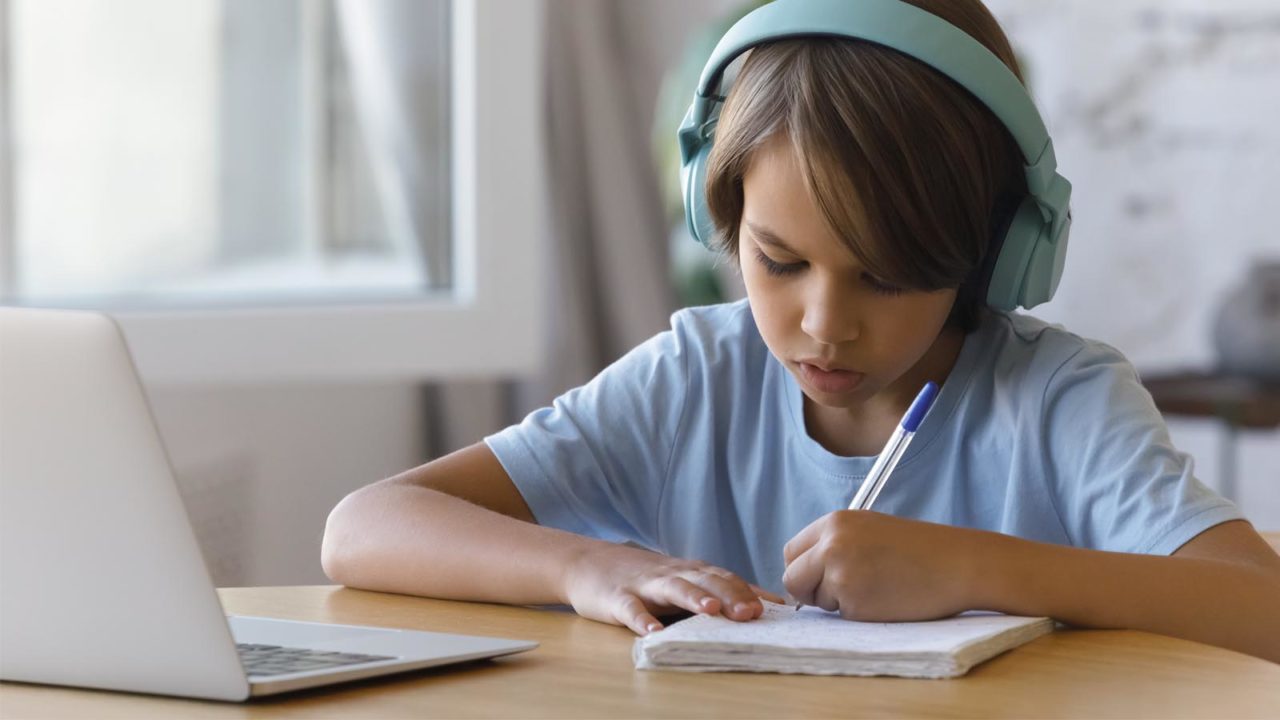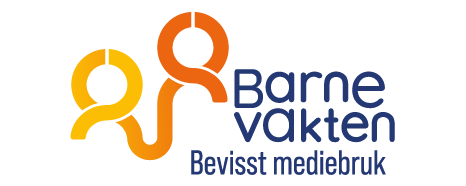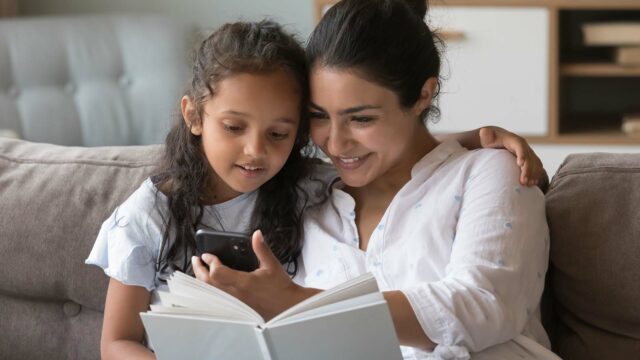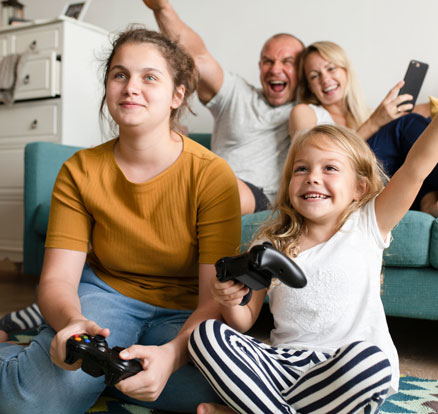
Do children have their own digital rights?
A greater part of Europe has obtained better digital rights in recent years, for example through the GDPR. Children are specially mentioned in the rules. However, in schools, parents are kept at arm's length digital distance.
Choose language in the Google-box below. Some translations may be flawed or inaccurate.
The EU created digital rights for its citizens in 2016. The rules are called the General Data Protection Regulation and are abbreviated as GDPR.
In 2018, Norway copied these rules into Norwegian legislation along with some of their own. Thus, Norwegian rules are divided into two documents:
Children are mentioned as a group several times in the legislation.
- Social media cannot allow children under the age of 13 to create an account unless their parents give consent.
- Children are entitled to a simple explanation of what an app collects from personal information.
- Children in particular have the right to withdraw their consent from collecting personal data.
- The 99 GDPR state that children’s personal information deserves special protection and that it is especially applicable for marketing purposes or in the case of personality or user profiling.
Children, therefore, have additional rights that adults do not have.
Moreover, the rules state that parental consent is not required when the child seeks out prevention or counseling services offered directly to children. Children can therefore seek advice without parents’ interference, and this can also be seen as a right.
Exceptions for schools
Another place where parents are kept away is the digital school solutions. Schools are allowed to collect some personal data about students without asking parents for consent. Schools can also ask students to participate in digital teaching solutions similar to social media in construction, without having to ask parents for permission, as they would otherwise have to for children under the age of thirteen.
One may discuss whether these rules for schools are rights for children or rights for schools. It might have been better for the children if the parents had a little more power over digital school solutions’ functions.
More and more digital rights in the EU and Norway
In 2022, the EU is going to introduce even more digital rights, and Norway is going to copy those within a few years. Children are also mentioned here in particular:
- Personified marketing aimed at children is not allowed.
- Profiling of children is not allowed.
The EU is also creating new rules to limit the power of global tech companies.
The regulations for digital services are becoming very comprehensive in the EU and the EEA. It means that most of Europe is far ahead of the rest of the world when it comes to providing digital rights to its citizens.
We mention here some of these rights:
- You should know what personal data is collected, why it is collected, and how it is going to be used.
- The language used should be clear and simple.
- You should know who is responsible for the data.
- You should receive information about risks, rules, guarantees, and rights in connection with the processing of personal data.
- The personal data should be limited to what is necessary for the purposes for which it is processed.
- Personal data should not be stored for longer than strictly necessary.
- Personal data should only be processed if the purpose of the processing cannot reasonably be fulfilled in any other way.
- The data controller must set deadlines for the deletion or regular review.
These rights do not appear to have been followed up by many social media and schools. Has the social app explained easily what is collected from personal data? As a parent, have you been told by the school what date your children’s data tracks will be deleted? Has the school told your child about the risks of participating in the school solutions?
The EU has come a long way with new rules, but it takes time for the culture to change in public agencies and commercial companies so that it becomes common to follow up the rights in practice.
Rights in the rest of the world
What about the rest of the world? One in three people who use the internet is a child, UNICEF writes here: “Child rights in the digital age.” UNICEF has various projects underway to research children’s digital lives and protect them from abuse: Global Kids Online and Disrupting Harm.
In some countries, children have digital rights. For example, the United States introduced a filter 20 years before Norway. In Australia, the government says that children’s right to privacy is essential in a digital age. 8 out of 10 parents in Australia believe children should be allowed to grow up without being profiled. The rules in Australia state that children over the age of 15 are usually mature enough to consent to the collection of personal data.
On the other hand, in Uganda, 3 out of 10 children experience digital abuse and threats. 2 out of 3 have never heard of any campaigns to stay safe online. Children do not feel safe when participating in digital teaching. Schools also usually have no routines to make sure that the children use the internet in a safe way. See the summary of the report here.
Read more articles on children’s media use here.
(Translated from Norwegian by Ratan Samadder)
Utviklet som en del av Erasmus+ prosjektet «TeachingTools».











